A Killdeer Takes Up Residence in Audubon’s Parking Lot
Protecting Shorebird Nests and Habitats is Critical During the Summer Months
Smithfield, RI (June 22, 2023) – No one can argue that the small bird nesting on the ground in the Audubon parking lot didn’t choose her location wisely. Audubon Society of Rhode Island naturalists can easily identify bird species and their behaviors. So as soon as the small Killdeer was spotted in her nest at Audubon Headquarters in Smithfield, the area was roped off to alert visitors to keep a safe distance and protect the bird as it incubated its eggs.
According to the 2023 Audubon State of Our Birds Report: Part I, over one third of the birds breeding on Audubon Society of Rhode Island Wildlife Refuges are experiencing long-term population declines. This includes Killdeers. Although this species is considered a shorebird, it nests away from coastlines in open areas such as short-grass fields, golf courses, along driveways, and occasionally… in parking lots.
“Killdeer are known to nest in places that are not particularly safe, including in the middle of gravel roads and on rooftops where recently hatched birds have no choice but to jump to the ground in order to forage,” said Dr. Charles Clarkson, Audubon Director of Avian Research. “Thankfully, due to the species’ large geographic distribution and population, it is not considered a conservation concern at the global-level. Still, the species has declined at a rate of 0.58% per year over the past 50-years across the Mid-Atlantic and New England region. Protecting nesting birds is an important step in the conservation of the species as a whole.”
But not all shorebirds are as lucky as the Killdeer at Audubon. Habitat loss is one of the leading causes of avian population decline and the plight of breeding shorebirds in Rhode Island is especially magnified in the summer. Exposed nests along the shoreline are not only vulnerable to predators, curious tourists, and beach combers, but many avian parents are hardwired to defend their nest and nestlings at all cost. Time spent defending a territory or a nest is time spent away from incubating eggs, feeding, or rearing of young nestlings. That’s why it is so important to respect nesting habitats this time of year, especially those areas on local beaches that have been roped off by the RI Department of Environmental Management or other conservation organizations to give shorebirds a chance to safely nest and raise their young.
Piping Plovers are one endangered species that many conservationists are working hard to protect. “The safeguarding of breeding sites for Piping Plovers is essential to the species’ well-being,” said Clarkson. “Closing portions of beaches where the birds breed, excluding predators, and reducing impacts from beach-goers and their dogs all allow the population of Piping Plovers to recover after a long period of decline. Only around 12,000 Piping Plovers currently exist on earth, and we know that loss of eggs and chicks limits the ability of populations to recover. So, we should all be doing our part to give the birds a chance to nest successfully, including respecting posted signage during the breeding season and avoiding nesting areas.”
As to Audubon’s visiting Killdeer, the organization has made it a priority to protect the nest as well as educate visitors on the importance of keeping a respectful distance from nesting birds. While Audubon staff hope to see young nestlings emerge in approximately 20 days, the area will remain protected until the young Killdeers have left the area.
Interested in learning more about our local wildlife? Audubon offers a wide variety of birding and nature programs for all ages and interests. For more information and to register, please visit the Audubon events calendar at www.asri.org/calendar.
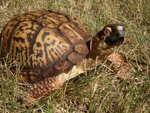
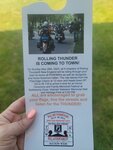



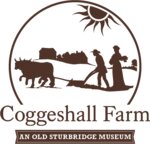




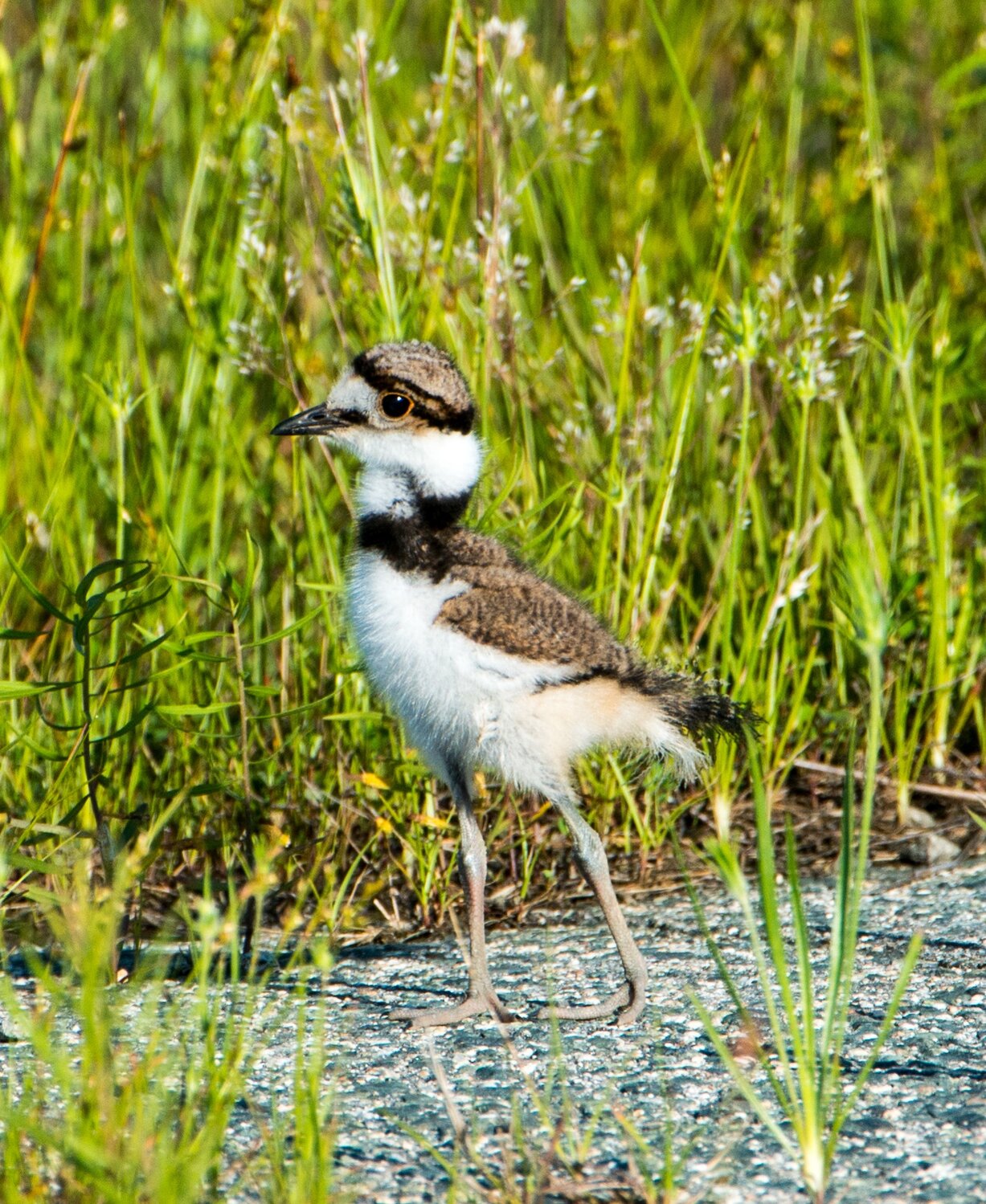
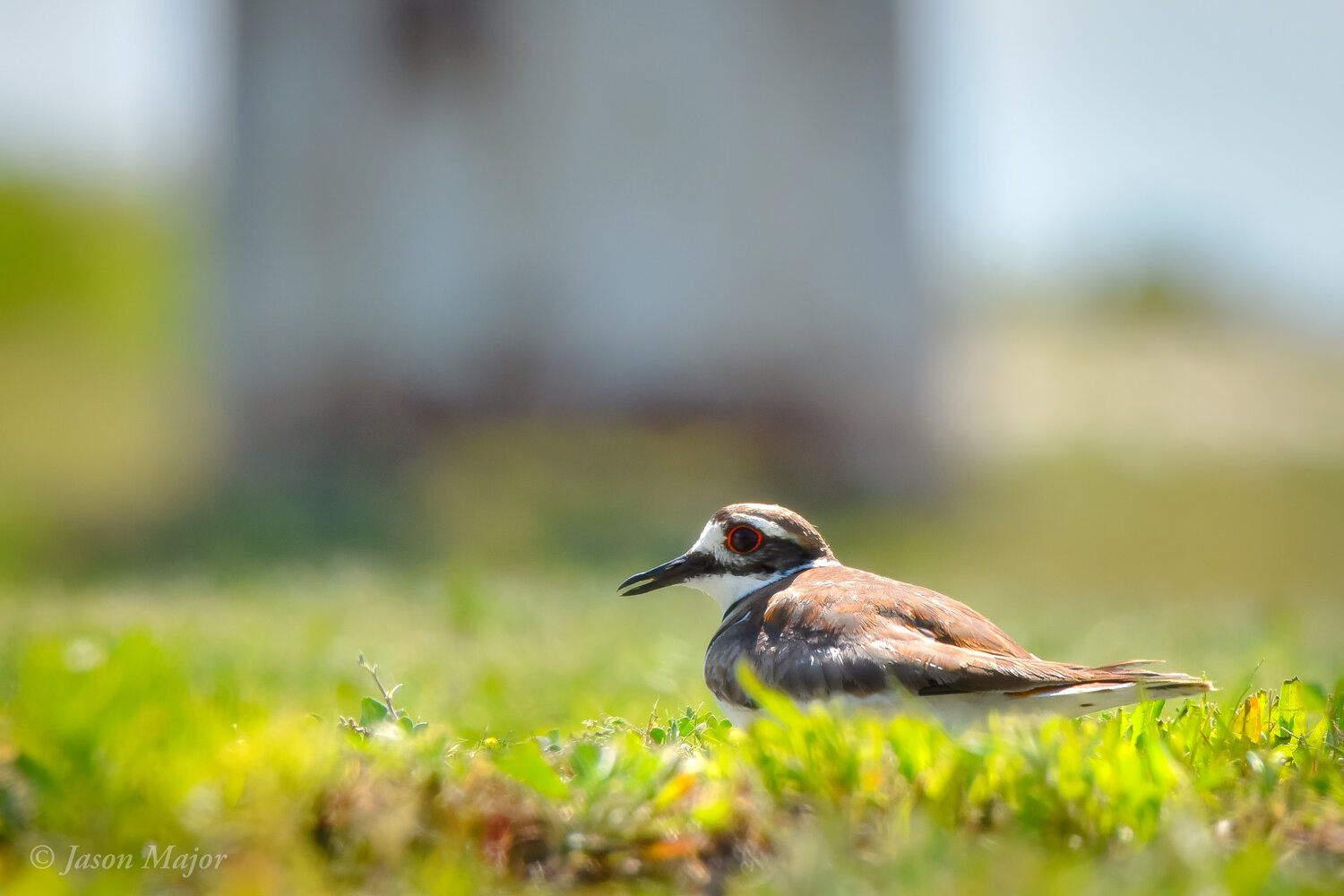









Comments
No comments on this item Please log in to comment by clicking here